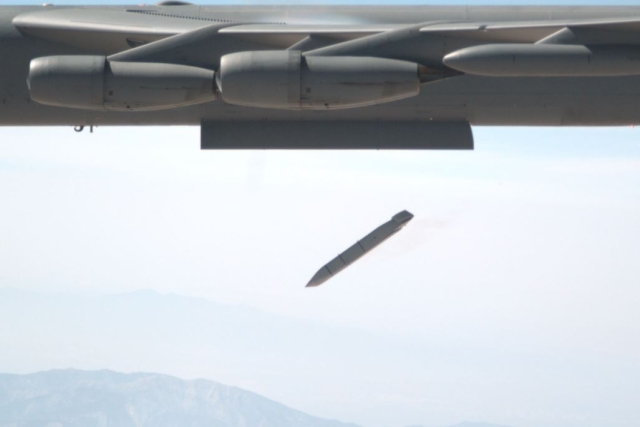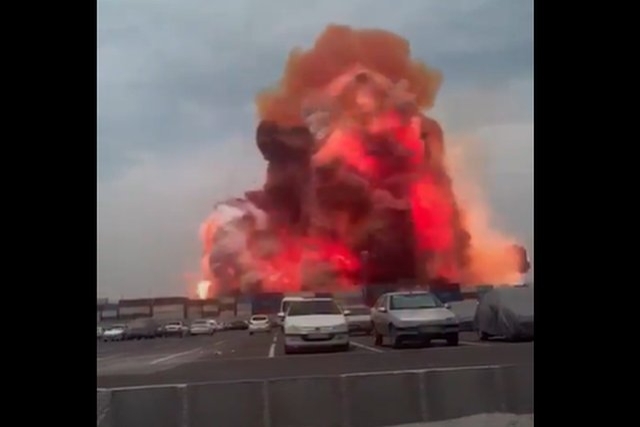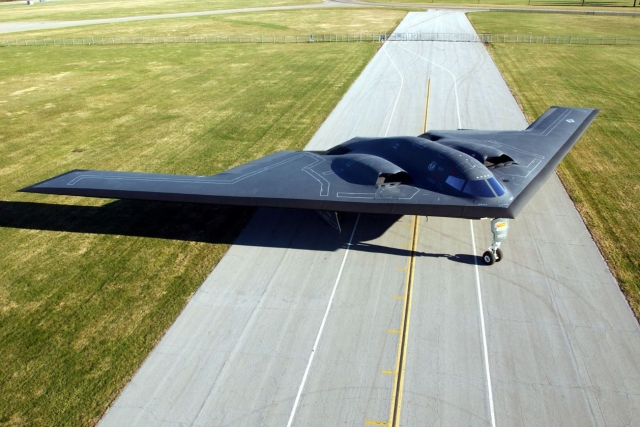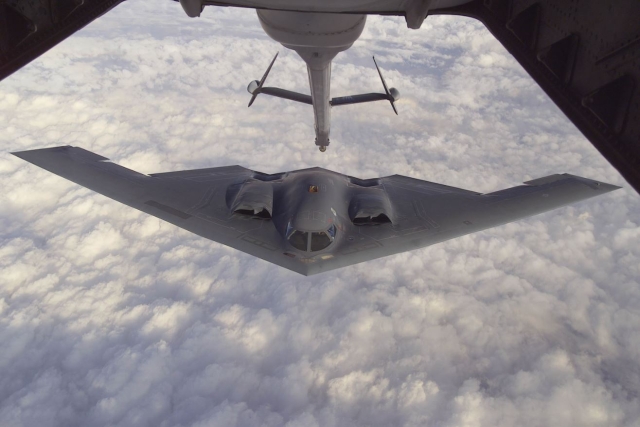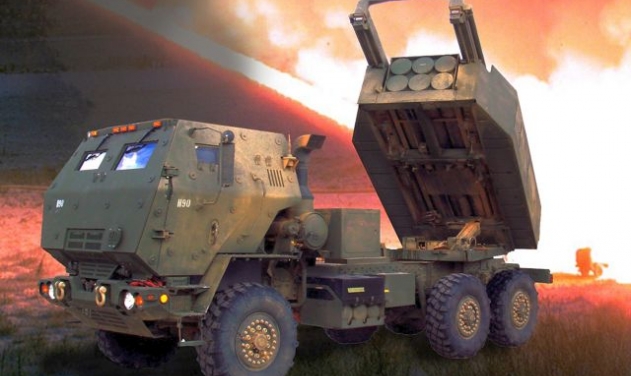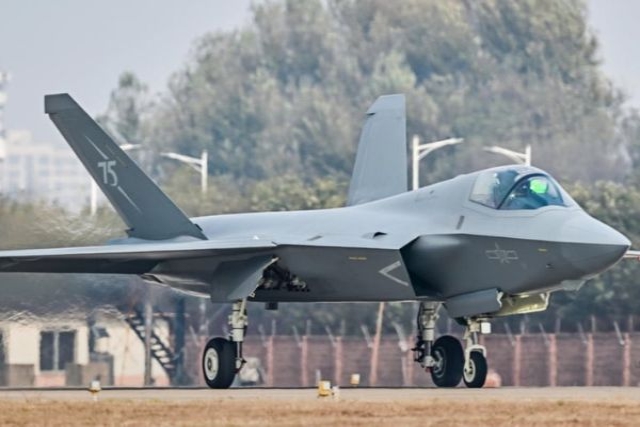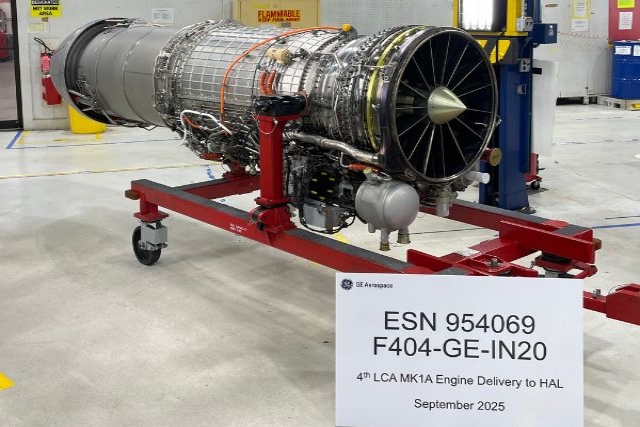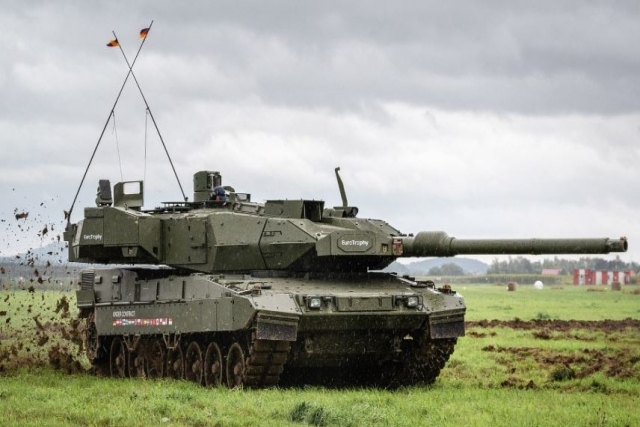Top Iranian Nuclear Scientists, IRGC Chief Killed in Israeli Strike on Tehran
Explosions hit Iranian capital ahead of nuclear talks as Israel claims preemptive action targeting nuclear sites, military leadership
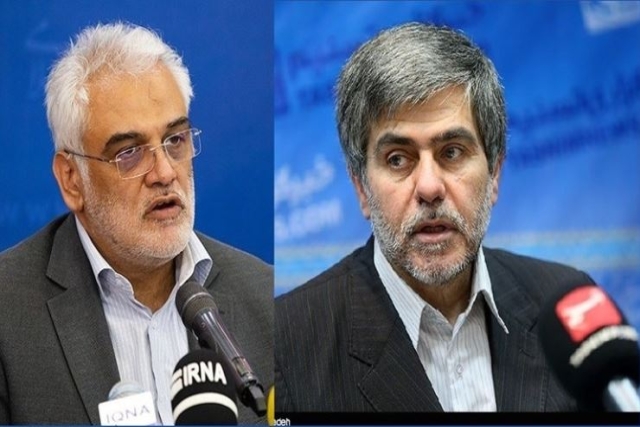
A pre-dawn Israeli military strike on Tehran killed senior Iranian military and nuclear figures on Friday, triggering immediate regional alarm and raising the risk of a broader conflict just days before planned U.S.-Iran nuclear negotiations.
Explosions were reported in northern, western, and central parts of the Iranian capital, where multiple missiles struck residential areas and key military sites. Iran confirmed the deaths of Islamic Revolutionary Guard Corps (IRGC) chief Major General Hossein Salami, Major General Gholam Ali Rashid, and two senior nuclear scientists—Mohammad Mahdi Tehranchi and Fereydoon Abbasi.
Iran’s Fars news agency claims military chief Mohammad Bagheri was killed in an Israeli strike, though unconfirmed by other outlets. Tasnim also reports Commander of Khatam al-Anbia Headquarters Major General Gholamali Rashid was reportedly assassinated.
The attack came just 48 hours ahead of a scheduled sixth round of nuclear talks between Iran, the U.S., and mediators in Oman.
Flights suspended, civilian casualties reported
Authorities suspended all flights from Imam Khomeini International Airport as emergency services responded to the damage across Tehran. State media and social media images showed smoke rising from residential neighborhoods and reports of civilian casualties.
A spokesperson for the Iranian Armed Forces, Brigadier General Abolfazl Shekarchi, confirmed that homes of senior officials had been targeted. “The Zionist enemy, with U.S. backing, launched savage strikes on residential areas. They will pay a heavy price,” he said, vowing a “tough response.”
Strikes target nuclear, military leadership
Israeli Prime Minister Benjamin Netanyahu said the strike was a preemptive operation targeting Iran’s nuclear infrastructure and key personnel. “We struck the senior command, senior scientists, and nuclear installations,” Netanyahu said. Israel Defense Forces confirmed five waves of airstrikes and claimed hundreds of targets were hit.
Among the dead were Tehranchi, president of Islamic Azad University, and Abbasi, a former head of the Atomic Energy Organization of Iran. The Israeli military said recent intelligence showed Iran was accelerating efforts to build nuclear weapons and had reached a critical threshold.
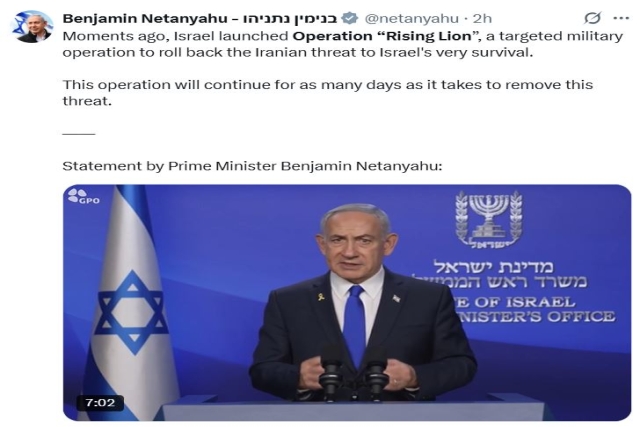
Iran vows retaliation as tensions spike
Supreme Leader Ayatollah Ali Khamenei warned of "severe punishment," calling the strike a crime that would not go unanswered. “With this crime, the Zionist regime has set itself for a bitter and painful fate,” Khamenei said in a statement carried by IRNA.
Major General Salami had warned just one day earlier that Iran was “fully prepared for any scenarios.” He described Israel’s security system as “permeable” and said Iranian intelligence had already penetrated sensitive Israeli nuclear data.
U.S. denies involvement, issues warning
U.S. Secretary of State Marco Rubio stated the United States had no involvement in the attack. "We are not involved in strikes against Iran. Our top priority is protecting American forces in the region," Rubio said. U.S. embassies and military bases in West Asia have reportedly raised alert levels.
Meanwhile, oil prices surged over $3 per barrel as markets reacted to the attack and fears of disruption in the Strait of Hormuz—a vital route for global energy supply.

Israel declares emergency
Israel declared a state of emergency following the strikes, anticipating a retaliatory missile or drone attack. “Following the preemptive strike, a missile and UAV attack against Israel is expected,” said Defense Minister Israel Katz.
The military escalation follows long-standing Israeli claims that Iran was covertly enriching uranium and preparing to produce nuclear weapons. According to Israeli officials, Friday’s operation was meant to "neutralize an immediate and existential threat."
As of Friday evening, no official response had been launched by Iran, though its air defenses were placed on full alert.
